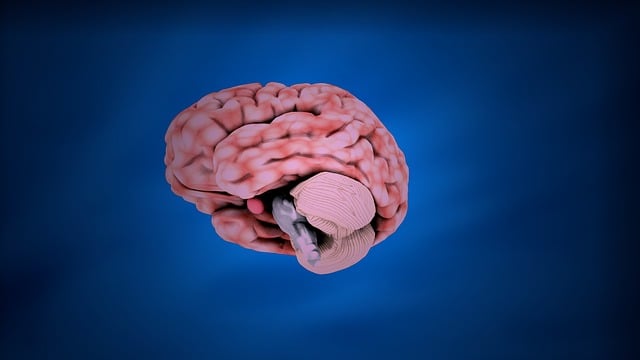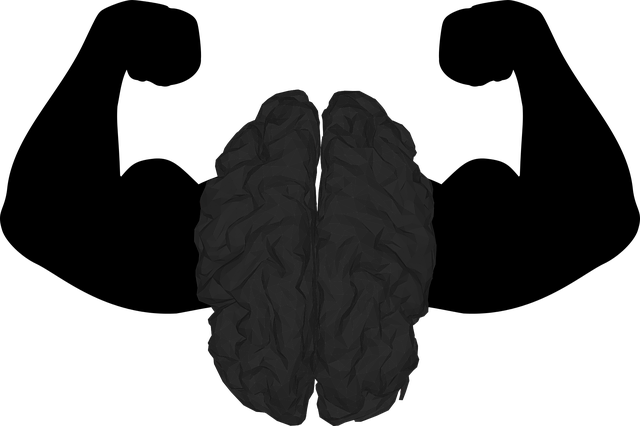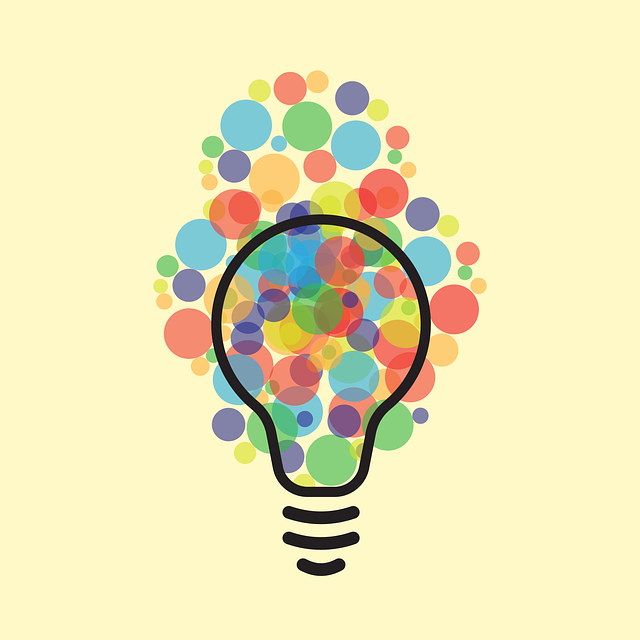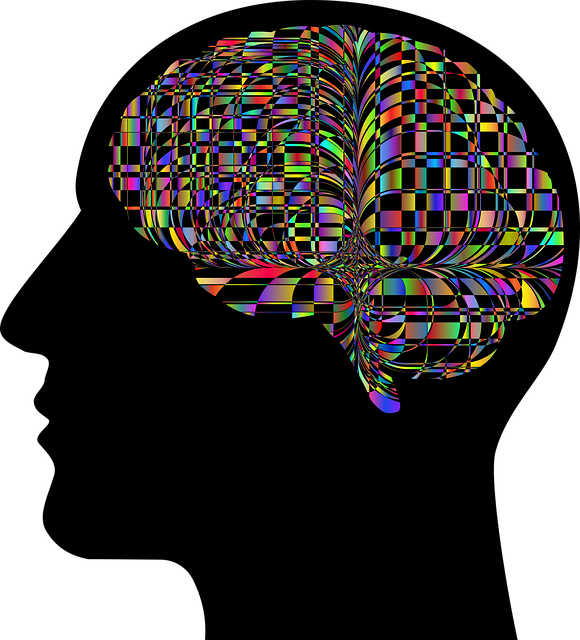For elders facing age-related challenges like chronic health conditions, isolation, and shifting roles, prioritizing self-care is crucial for maintaining independence, enhancing well-being, and improving quality of life. Incorporating exercise, community programs, and therapy (often coupled with family counseling) builds resilience, prevents burnout, fosters social connections, and supports emotional health journeys. Family counseling acts as a powerful tool in normalizing mental health discussions, strengthening bonds, and encouraging proactive self-care strategies. Daily routines with realistic goals like mindfulness or stretching, along with journaling for emotional processing, are key elements of well-being. These practices, combined with family counseling techniques such as active listening, gratitude, and positive thinking, revolutionize perspectives and fulfill personal connections, fostering purpose.
In today’s fast-paced world, self-care is essential for maintaining mental and physical well-being, especially among elders. This article explores the significance of self-care practices for older adults and how family counseling can play a pivotal role in enhancing their overall quality of life. We delve into practical strategies and tips to improve daily routines, emphasizing the transformative power of therapy for elders and the positive impact it has on their families.
- Understanding the Importance of Self-Care for Elders
- The Role of Family Counseling in Enhancing Self-Care Practices
- Strategies and Tips to Improve Daily Self-Care Routines
Understanding the Importance of Self-Care for Elders

For elders, prioritizing self-care is not a luxury but a necessity. As people age, they often face unique challenges such as chronic health conditions, social isolation, and changing life roles. These factors can contribute to increased stress and emotional strain if not properly managed. Understanding the importance of self-care for this demographic is crucial; it empowers them to maintain their independence, boost overall well-being, and enhance quality of life.
Incorporating self-care practices into daily routines can help elders cultivate inner strength and resilience. This may include engaging in activities that promote physical health, such as regular exercise or attending community outreach programs tailored for seniors. Additionally, therapy for elders, often coupled with family counseling, can provide a safe space to process emotions, address concerns, and develop coping strategies. By acknowledging and addressing these needs, elders can prevent burnout, foster social connections, and actively participate in their well-being journey.
The Role of Family Counseling in Enhancing Self-Care Practices

Family counseling can play a pivotal role in improving self-care practices, especially for elders within the family unit. In today’s fast-paced world, where mental health issues are becoming increasingly prevalent, dedicated therapy sessions offer a safe space to navigate complex dynamics and foster healthier relationships. Through these counseling sessions, individuals gain valuable insights into their behaviors and emotions, encouraging self-awareness exercises that form the foundation of effective self-care. By addressing underlying issues and promoting open communication, family counseling helps in managing mood disorders and alleviating symptoms associated with mental illnesses.
This therapeutic approach also contributes to reducing the stigma often surrounding mental health struggles. By normalizing conversations about emotions and behaviors, family members learn to support each other more effectively. Consequently, a culture of care and understanding emerges, empowering individuals to prioritize their well-being and adopt proactive self-care strategies. With dedicated counseling, families can strengthen their bonds, leading to improved overall mental health and enhanced quality of life for its members, particularly the elders.
Strategies and Tips to Improve Daily Self-Care Routines

Self-care practices are essential for maintaining both physical and mental health, especially as we age. For older adults, incorporating daily routines can significantly enhance overall well-being. Start by setting realistic goals; this could be as simple as dedicating 15 minutes each day to mindfulness exercises or engaging in light stretching. Consistency is key; try to perform these activities at the same time each day for better retention. Incorporating self-reflection through journaling can also aid in processing emotions and identifying areas for improvement, which is a crucial aspect of therapy for elders.
Family counseling plays a vital role in fostering positive relationships and communication strategies. Encouraging open dialogue within families can help identify potential issues early on. Additionally, practicing emotional intelligence—both within the family unit and individually—fosters an environment of understanding and support. Simple gestures like active listening, expressing gratitude, and adopting positive thinking can revolutionize one’s perspective and overall self-care journey. These practices not only strengthen personal connections but also provide a sense of fulfillment and purpose.
In conclusion, prioritizing self-care is an essential aspect of maintaining a healthy and fulfilling life for elders. By recognizing the significance of self-care and implementing effective strategies, individuals can enhance their overall well-being. Family counseling plays a pivotal role in this process, providing a supportive environment to address challenges and foster positive self-care practices. Through a combination of understanding individual needs and utilizing practical tips, elders can improve their daily routines, leading to improved mental and physical health. Embracing self-care not only benefits the elder but also strengthens the family dynamic through increased communication and deeper connections.














